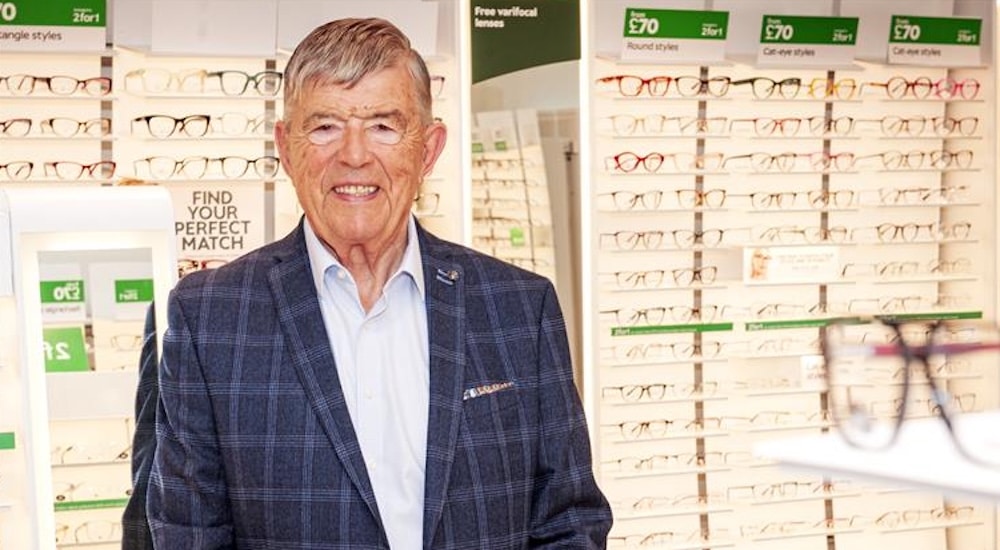New RNID report underlines TV subtitling frustration for the hearing impaired
Feelings of anger, frustration, exclusion, and disappointment suffuse the results of a survey published on June 30 by the Royal National Institute for Deaf People (RNID), which has been campaigning since 2015 for UK TV services to provide access through subtitling and signing for people who are deaf or who have hearing loss.

Responses tallied in the RNID Subtitle It Report reveal a set of uncomfortable statistics for the UK government to take in, harried as it has been by the RNID to make a Media Bill law, one which would require broadcasters to subtitle 80% of their content and provide signing for five percent of content.
In the survey, nine out of ten respondents who are deaf or have hearing loss say they usually or always use subtitles when watching TV, while 97% said they had tried to watch a programme in the last year and found there were no subtitles, 85% of them citing this reason for not being able to watch the programme.
“The government promised to provide equal access to TV on-demand services six years ago when the Digital Economy Act was passed, and yet we are still waiting,” said Teri Devine, Director for Inclusion at RNID. “Deaf people and people with hearing loss deserve better than this: the government must stop delaying and act now to make television and on-demand services accessible for all of us.”
Emotions felt by people with hearing loss who couldn’t watch shows were recorded: frustration (79%); disappointment (68%); excluded (59%; angry (30%). The survey canvassed 1616 people, 1370 identifying as having hearing loss, or being deaf or deafblind.
Source: RNID


